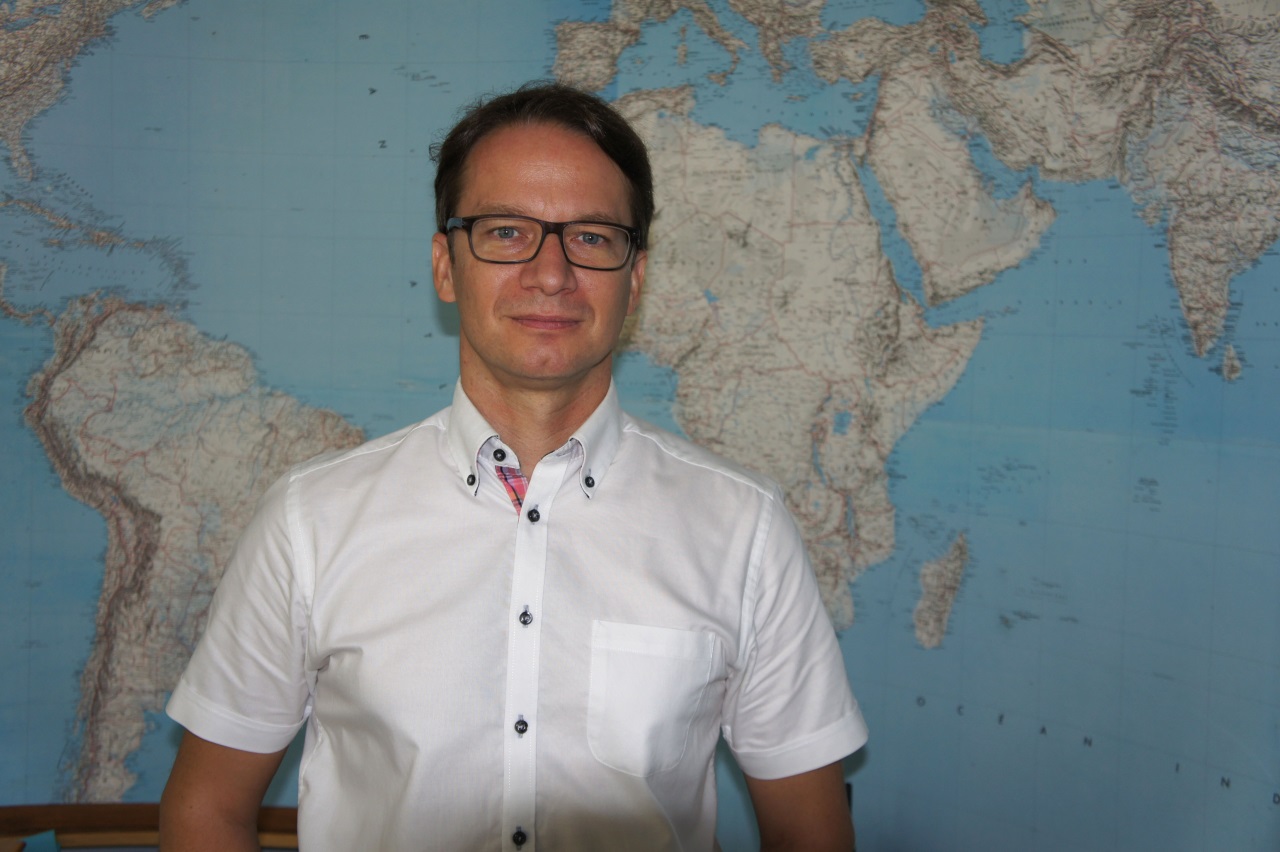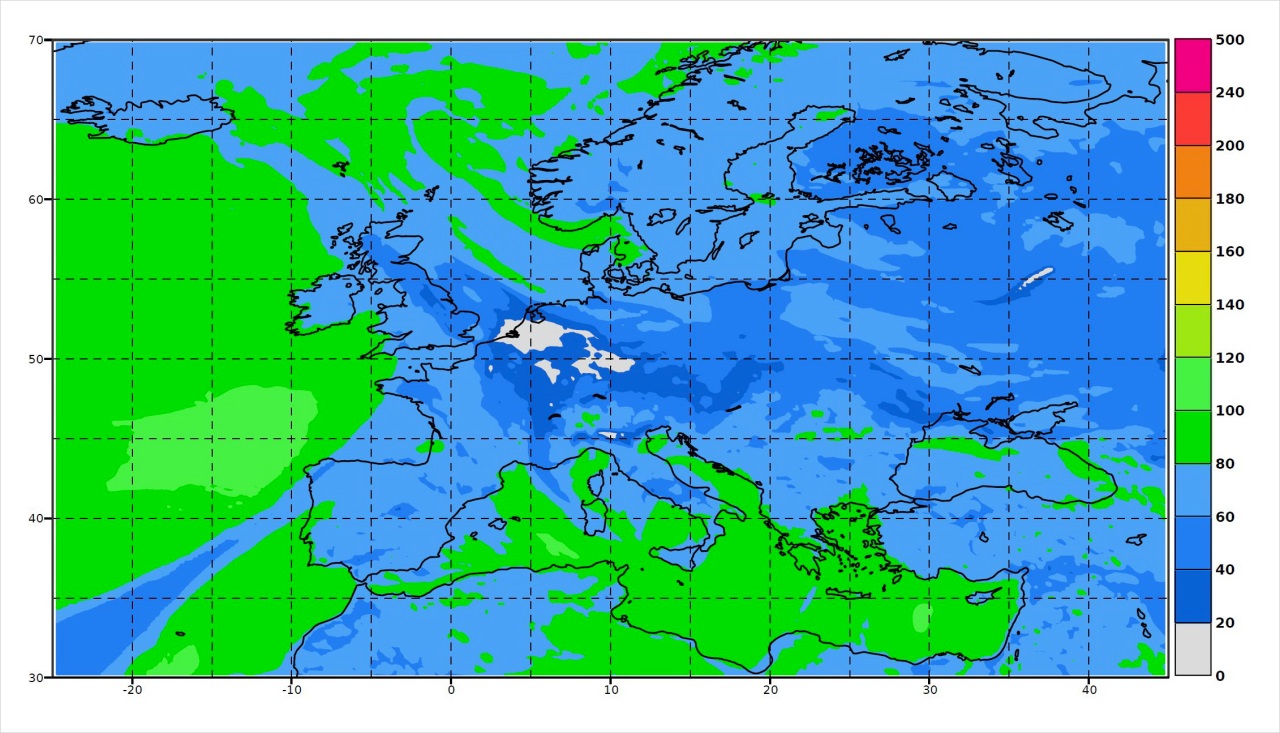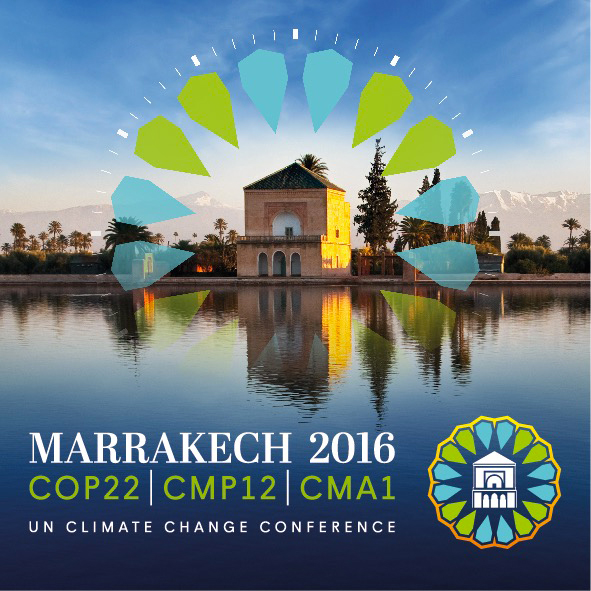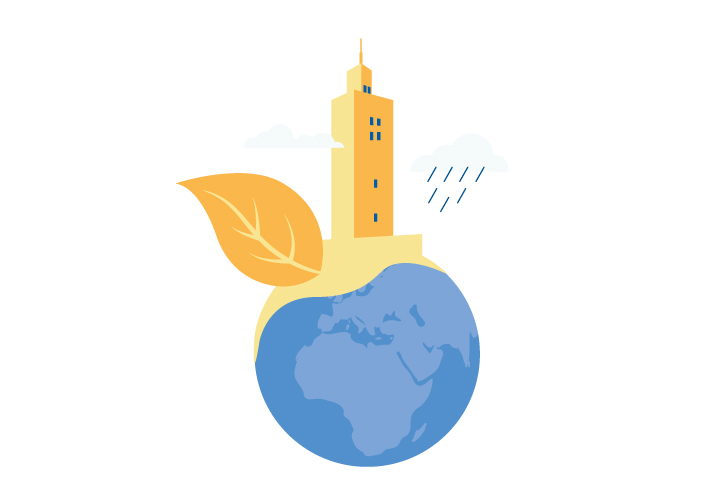The European programme Copernicus aims at pooling, between Member States, their skills and observations in situ as well as those retrieved from satellites on the environment and security, with a view to building "European general interest services underpinned by free, full and open access” for the benefit of environmental policies and citizens.
Between now and 2020 Copernicus is on target to deliver operational datasets and information services across the following six thematic streams: atmosphere monitoring, land monitoring, marine environment monitoring, emergency management, climate change and security.
Météo-France is committed to three of these:
– Atmosphere
Together with the French National competence centre for Industrial Safety and Environmental Protection (INERIS), Météo-France oversees the air quality analysis and forecasting services in Europe and contributes to research seeking to develop and improve different components of the services. Since June 2016, a large number of datasets and some 800 products (hourly forecasts for 10 pollutants with four-day lead times, analyses for the past day and annual reanalyses) can be accessed at www.regional.atmosphere.copernicus.eu.
– Climate change
Météo-France delivers global seasonal forecasts and will play a part in developing new seasonal forecasting products, particularly with respect to the occurrence of extreme weather events.
– Marine environment
The Copernicus Marine Service aspires to provide free and open access to datasets on the physical state of the ocean, its dynamics and on the marine ecosystems of the globe and European seas – on the surface and at depth. Mercator Océan, a subsidiary of Météo-France, coordinates this component on the European ocean zone. Météo-France also offers up its expertise in wave modelling.




